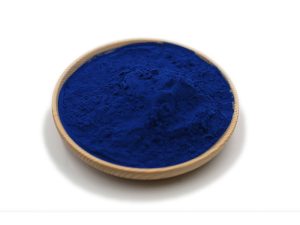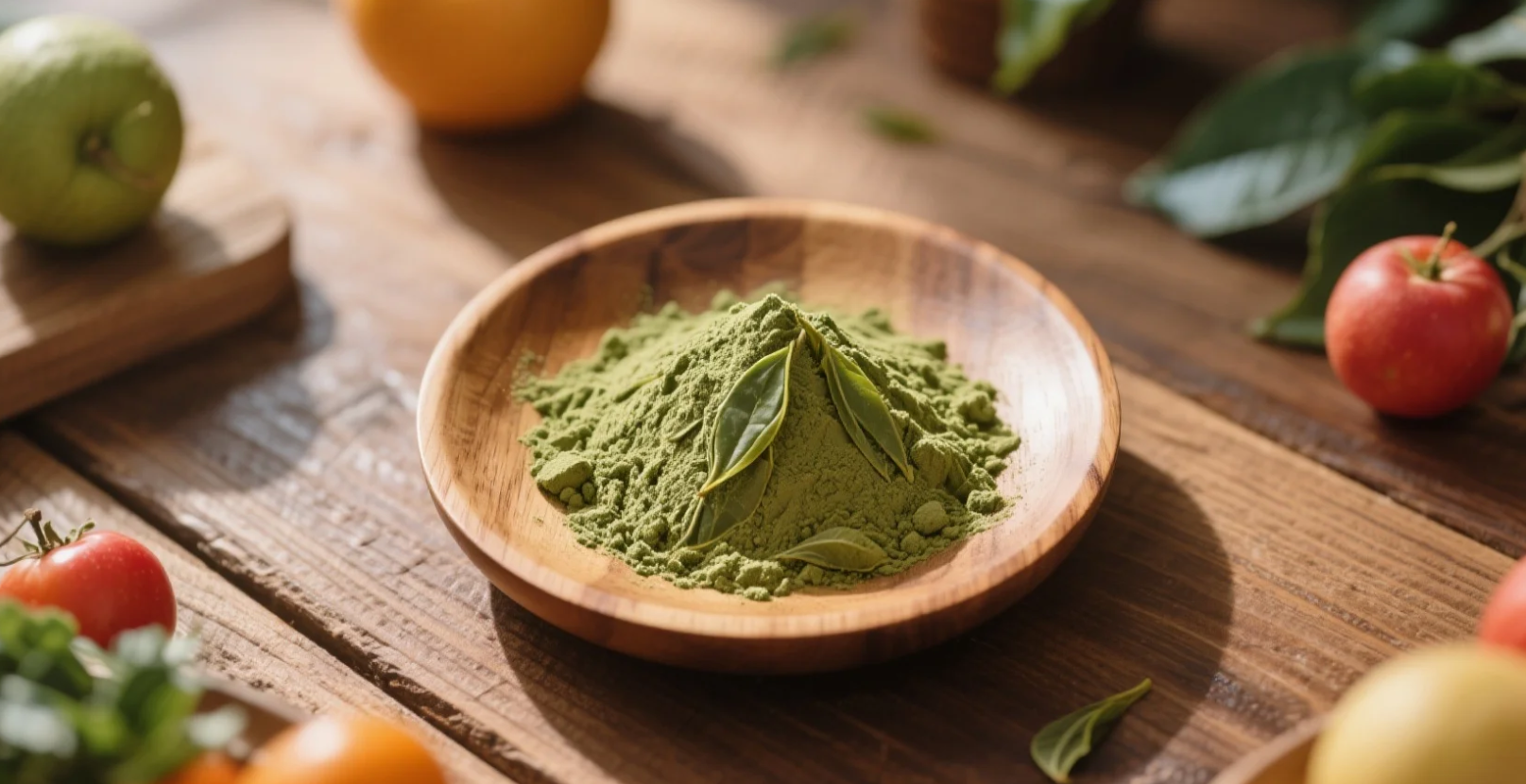Table of Contents
Dubbed “nature’s multivitamin,” spirulina—a blue-green algae—has been a nutritional staple for centuries. Today, organic spirulina powder and organic spirulina tablets are celebrated as superfoods, but what exactly can they do for your health? Let’s dive into their science-backed perks, compare powder vs. tablets, and reveal why “organic” is non-negotiable.
7 Proven Benefits of Organic Spirulina
- Immune System Overdrive
Rich in phycocyanin (a potent antioxidant), spirulina boosts white blood cell production, helping fight viruses and infections. - Detoxification Powerhouse
Binds to heavy metals like arsenic and lead, aiding liver detox—ideal for urban dwellers or those exposed to pollutants. - Energy & Endurance Boost
High iron and B12 content combats fatigue, while its protein (60–70% by weight) supports muscle recovery. - Cholesterol Control
Studies show spirulina lowers LDL (“bad” cholesterol) and triglycerides, reducing heart disease risk. - Anti-Inflammatory Effects
Reduces inflammation linked to arthritis, allergies, and autoimmune conditions. - Gut Health Guardian
Promotes healthy gut flora balance, easing bloating and IBS symptoms. - Skin Radiance
Vitamin E and beta-carotene combat acne and slow aging by neutralizing free radicals.
Organic Spirulina Powder vs. Tablets: Which to Choose?
| Factor | Organic Spirulina Powder | Organic Spirulina Tablets |
|---|---|---|
| Nutrient Density | Higher (minimal processing) | Slightly reduced due to compression |
| Absorption Speed | Faster (mixable in liquids) | Slower (dissolves in stomach) |
| Versatility | Great for smoothies, soups, baking | Convenient for on-the-go use |
| Taste | Earthy, oceanic (maskable in recipes) | Odorless, tasteless |
| Dosage Control | Customizable (1–3 tsp daily) | Pre-measured (2–6 tablets daily) |
Why Organic Spirulina Is a Must
Non-organic spirulina risks contamination with microcystins (toxic algae) and heavy metals. Certified organic spirulina guarantees:
✅ No synthetic fertilizers or pesticides
✅ Tested for heavy metals & toxins
✅ Sustainable farming (closed-loop water systems prevent pollution)
Who Needs Spirulina Most?
- Busy Professionals: Quick nutrient boost during hectic days.
- Athletes: Enhance endurance and reduce oxidative stress.
- Eco-Conscious Consumers: Zero-waste, planet-friendly nutrition.
- Vegans/Vegetarians: Critical B12 and iron source (check for active B12 forms).
How to Use Organic Spirulina Daily
- Powder Power:
- Morning Smoothie: Blend 1 tsp with banana, spinach, and coconut water.
- Savory Boost: Stir into guacamole, pesto, or miso soup.
- Face Mask: Mix with honey for glowing skin.
- Tablet Convenience:
- Take 2 tablets post-workout for recovery.
- Pro Tip*: Always take with vitamin C (e.g., orange juice) to enhance iron absorption!
Potential Side Effects & Precautions
- Safe for Most: No major risks at recommended doses.
- Rare Reactions: Nausea, thirst, or headaches in sensitive users (start with ½ dose).
- Autoimmune Caution: Consult a doctor if you have lupus or multiple sclerosis.
FAQs
Q: Can spirulina replace a multivitamin?
A: It’s close! Pair with a B12 supplement for vegans.
Q: How long to see results?
A: Energy boosts in 1–2 weeks; detox/cholesterol effects take 1–3 months.
Q: Best time to take it?
A: Morning or post-meal to avoid stomach upset.
Ready to Harness Algae’s Ancient Power?
Whether you choose organic spirulina powder for culinary creativity or organic spirulina tablets for grab-and-go simplicity, this superfood is your daily ticket to vibrant health.
Try it today—nature’s green magic, bottled for modern life.
Related Products
Organic Spirulina Powder
Organic spirulina powder delivers 60% complete protein, bioactive phycocyanin, and bioavailable iron.…
Organic Spirulina Tablets
A potent, natural superfood in an easy-to-take tablet form.
Organic Phycocyanin
Organic phycocyanin powder delivers natural blue coloring with antioxidant and anti-inflammatory benefits.…




